Member Directory,
1847 - 1922
J. Pierpont Morgan Jr.
Banker
Centurion, 1894–1943
James J. Goodwin, William S. Rainsford, and Cyrus W. Field
Irvington, New York
Boca Grande, Florida
Age twenty-seven
Hartford, Connecticut

Archivist’s Notes
Son of J. Pierpont Morgan; grandson of Charles Tracy; nephew of Frederick S. Hoppin, George H. Morgan, Alfred Pell, and Charles Edward Tracy; brother-in-law of Herbert L. Satterlee; father of Henry Sturgis Morgan and Junius Spencer Morgan Jr.; father-in-law of Paul Geddes Pennoyer; uncle of Alexander Hamilton; cousin of Frederick S. Hoppin Jr., Tracy Hoppin, and Junius S. Morgan; grandfather of Paul G. Pennoyer and Robert M. Pennoyer.
Century Memorial
Great shyness was a characteristic of John Pierpont Morgan and hence it was a little difficult to come to know him. But those who had once penetrated the barrier of his reserve were rewarded by contacts with a singularly rich nature. He was known to the world at large chiefly as the head of the banking house founded by his father [J. Pierpont Morgan] and many years of his energy went to the maintenance and development of its high standards. Besides his record as a financial leader, however, he left behind him memories of a rare connoisseurship in letters and the arts, of sportsmanship in the domains of yachting, shooting, fishing and golf, of lively interest in a score of subjects. A fellow Centurion who knew him intimately over an extended period of years recalls the varied facets of his talk. Religion and philosophy were well within his range. He loved flowers, trees and birds and would speak about them with feeling. Political and social movements held his questing intelligence. And accenting all his mental activities was the lofty principle that governed his life.
To a friend who in conversation stressed the primary importance of the things of the mind he murmured: “Yes, and the things of the spirit, too.” That observation was very like him. The deep store of Biblical knowledge which he possessed marked but one phase of his spirituality. In a very real sense this man who touched life at so many points kept himself unspotted from the world. He showed it in his business integrity and he showed it in his acts as a philanthropist. He showed it also in his intellectual life as he lived it in and out of the Morgan Library.
That sanctuary for the works of genius was doubly dear to him because of its creation by his father. When he transferred it, with an endowment, to a board of trustees, he stated: “My father’s intense interest and satisfaction in the library make it a peculiarly fitting memorial to him. It keeps alive the memory of his love for rare books and manuscripts and his belief in the educational value of the collections which he gathered.” It keeps alive the memory of the younger man, who in his turn enriched it and steadily promoted its services to scholarship and taste. The exquisite building and its priceless contents constitute a kind of monument to the father and the son. The latter emulated the former at the Metropolitan Museum, where he was for many years a trustee and a frequent donor. There he was as wise in counsel as he was princely in gifts. Apropos of this matter of good counsel it is well to remember that he was a helpful participant in the deliberations of the Board of Management when he served as trustee for three years—1927–29. The Club lost a true Centurion when Pierpont Morgan fell into his last sleep.
It lost a member whose familiarity with the finest products of the human mind would alone have given him distinction. He knew with instinctive appreciation the treasures in the Morgan Library, the books, manuscripts, paintings, drawings and prints, and he could meditate with authentic emotion over a personal relic like a lock of the hair of John Keats. He was a born lover of letters and of the associations of such masters of poetry and prose as the library brings back. He was a born lover of beauty—and of the truth. In the course of a Congressional inquiry in 1936 the good faith of one of his dispatches to his London firm was questioned. “If you will allow me to say it,” he retorted, “when we are dealing with our partners we are not finessing. What we say we mean, and what we do not say we do not mean.” It has been well remarked of him that he was intolerant of compromise but was rapid and direct in driving at the “right” end in view. All consideration of him leads back to the one point—to the strength and beauty of his character as a man.
Geoffrey Parsons
1943 Century Memorials
Related Members
Member Directory Home-
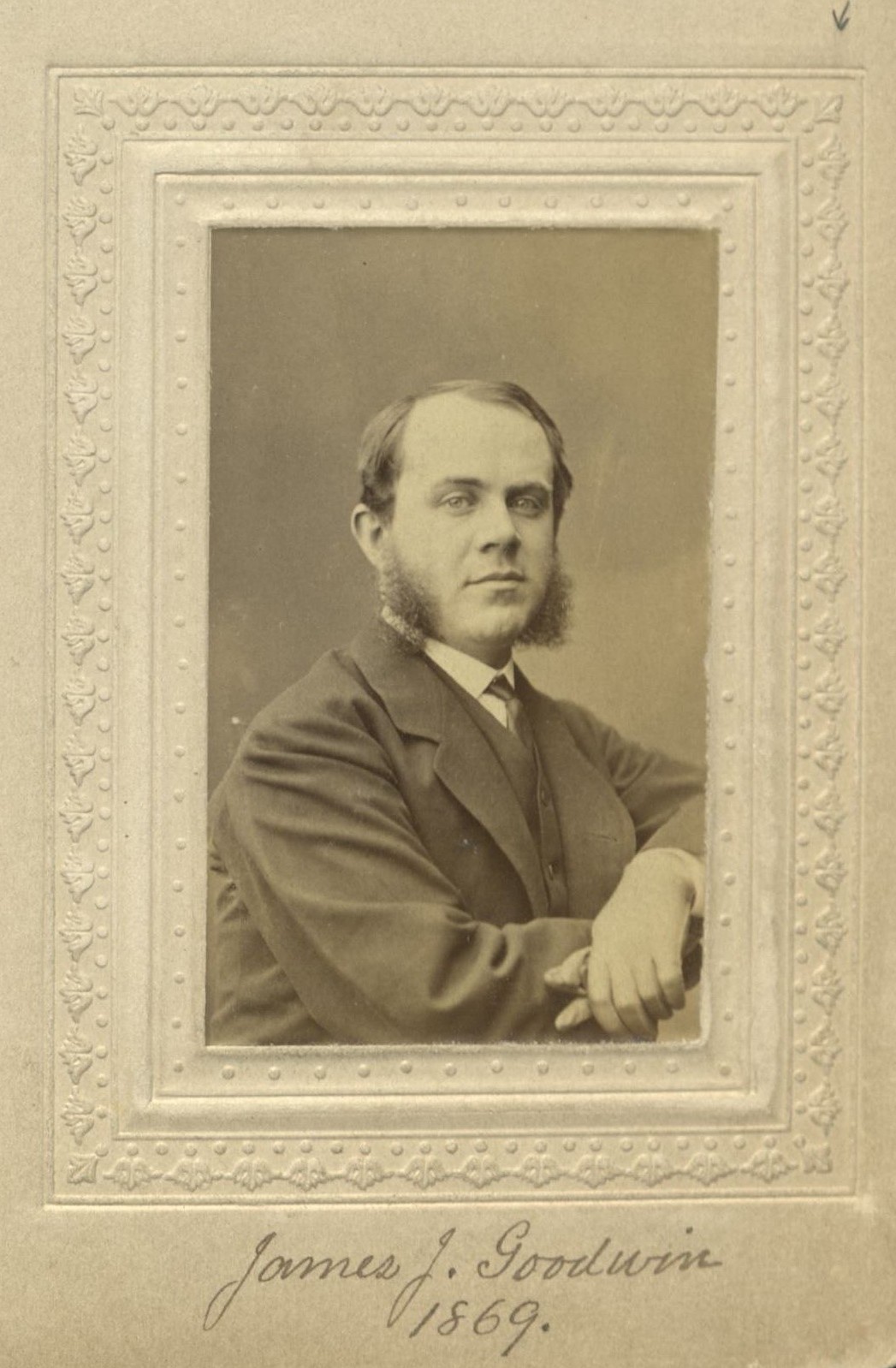 James J. GoodwinBanker/InsuranceCenturion, 1869–1915
James J. GoodwinBanker/InsuranceCenturion, 1869–1915 -
 Tracy HoppinArtistCenturion, 1913–1958
Tracy HoppinArtistCenturion, 1913–1958 -
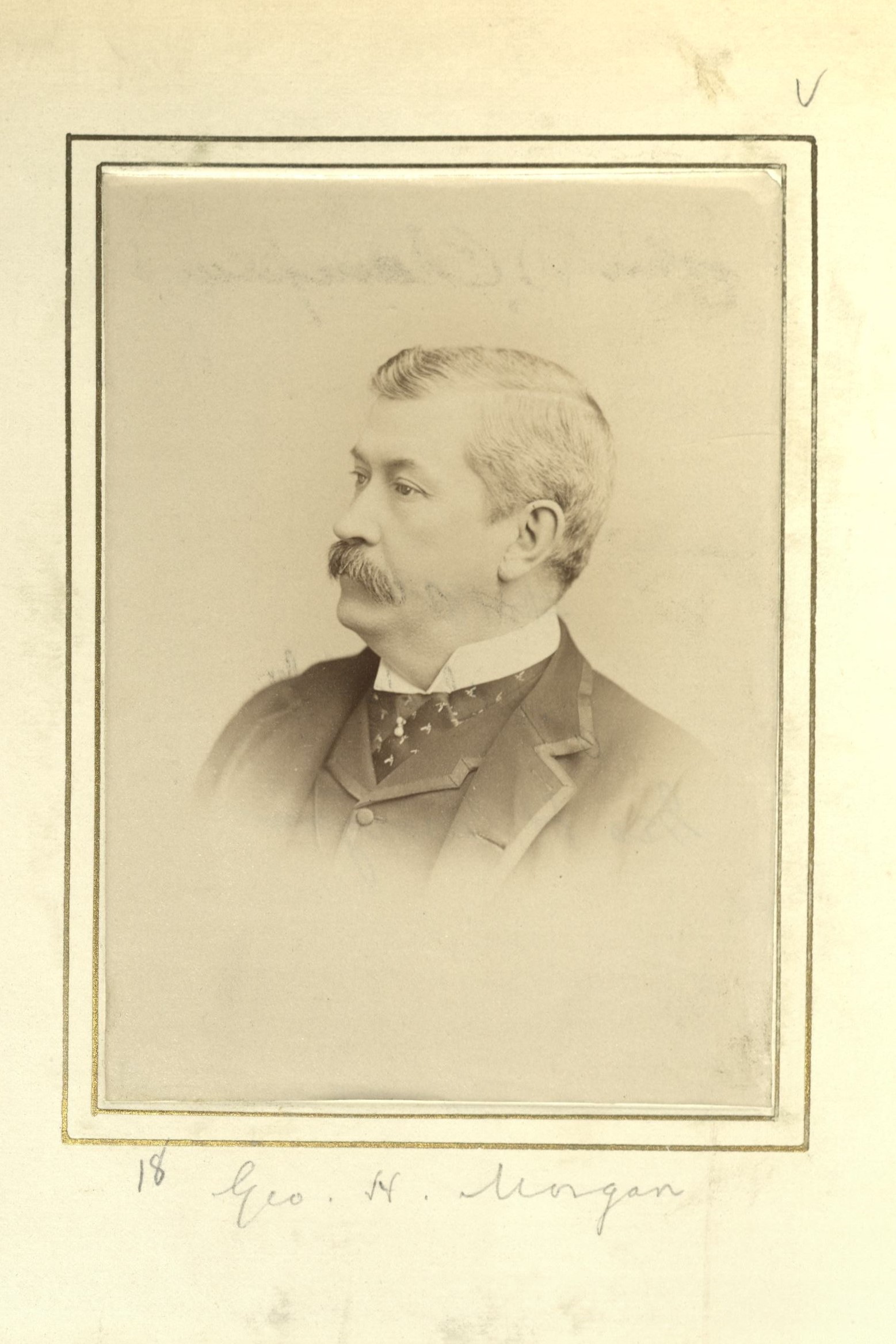 George H. MorganBanker/GentlemanCenturion, 1892–1911
George H. MorganBanker/GentlemanCenturion, 1892–1911 -
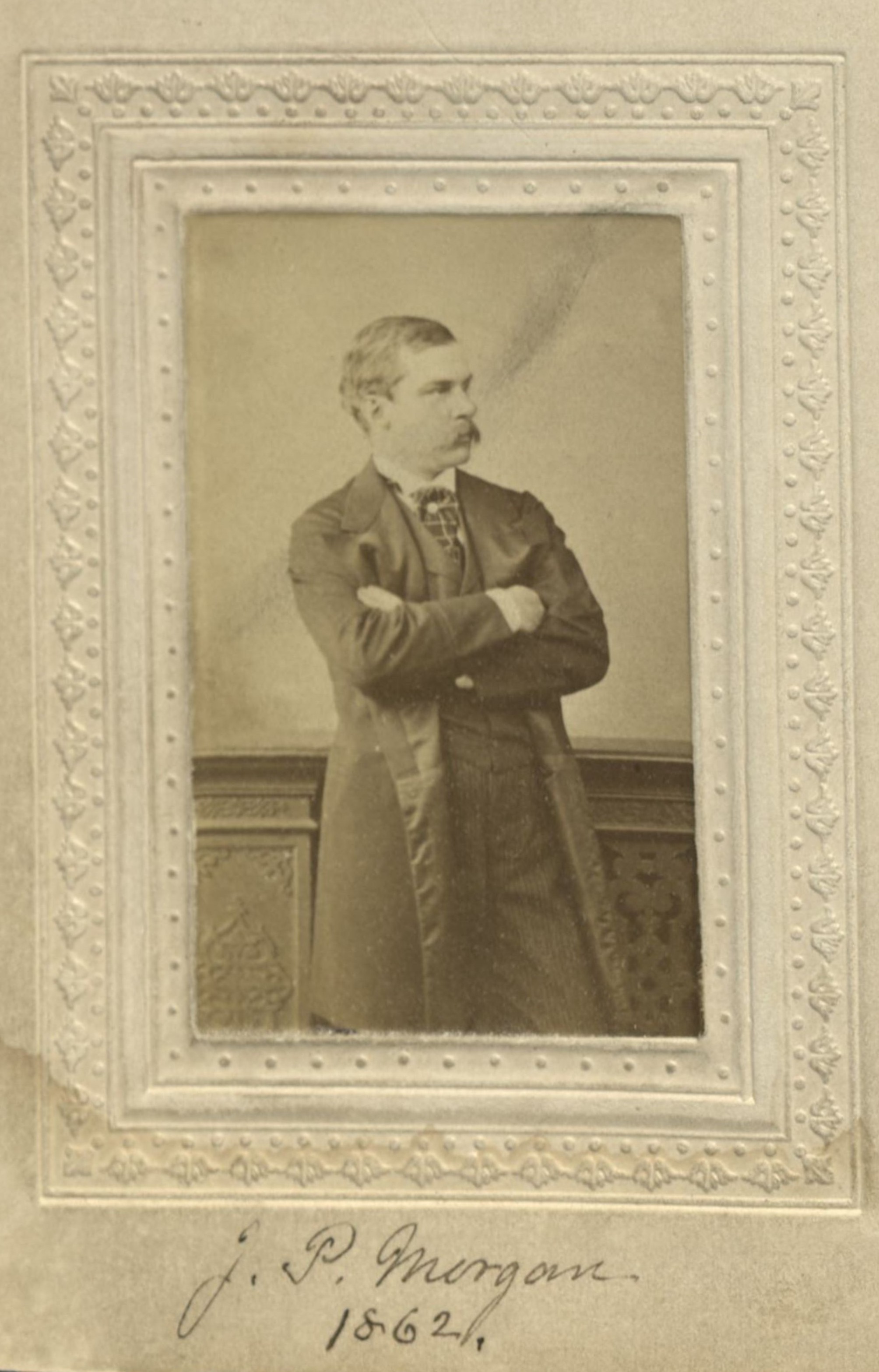 J. Pierpont MorganFinancier/Philanthropist/CollectorCenturion, 1862–1913
J. Pierpont MorganFinancier/Philanthropist/CollectorCenturion, 1862–1913 -
 Junius S. MorganBanker/Art CollectorCenturion, 1898–1932
Junius S. MorganBanker/Art CollectorCenturion, 1898–1932 -
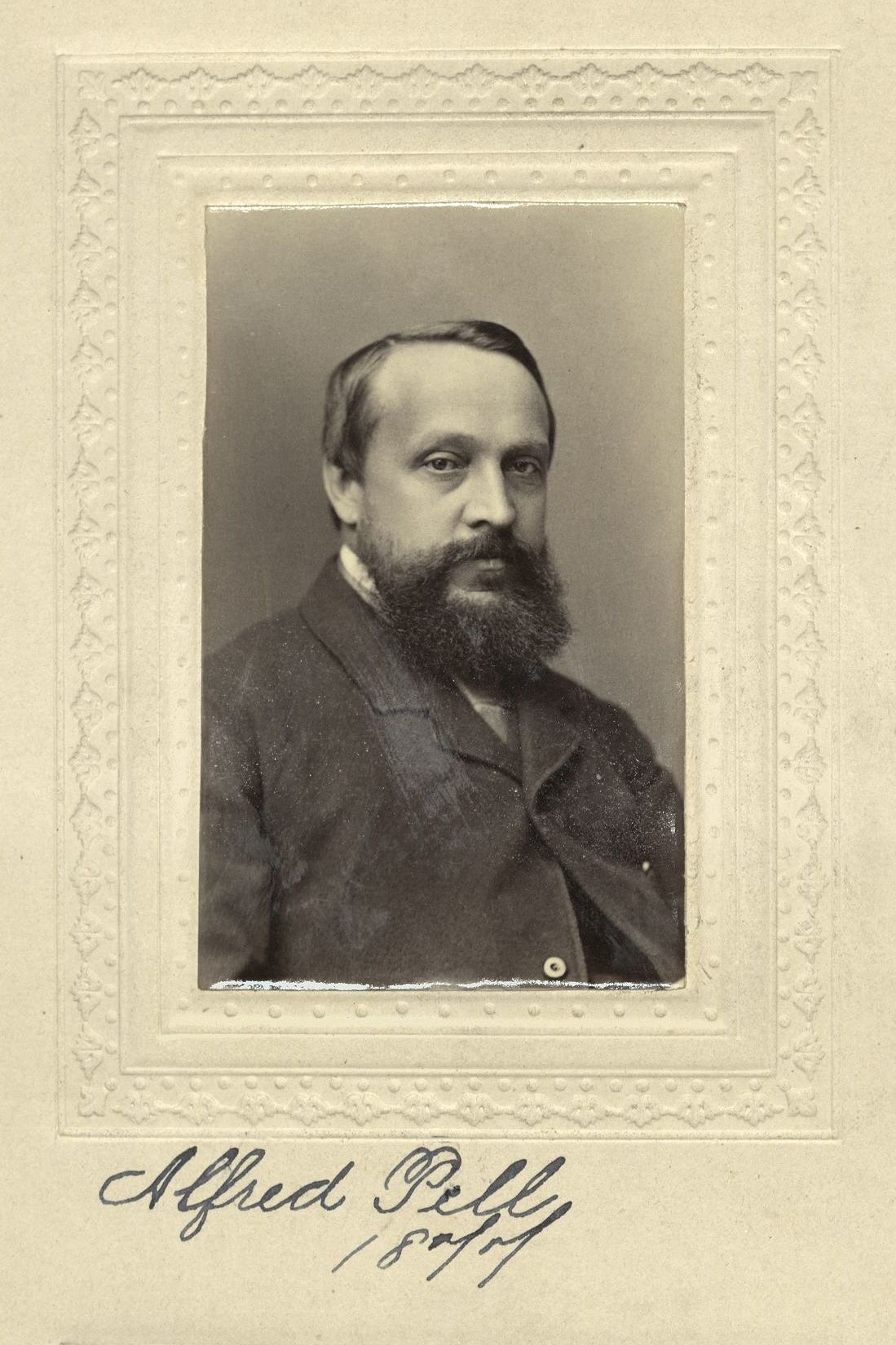 Alfred PellInsuranceCenturion, 1877–1901
Alfred PellInsuranceCenturion, 1877–1901 -
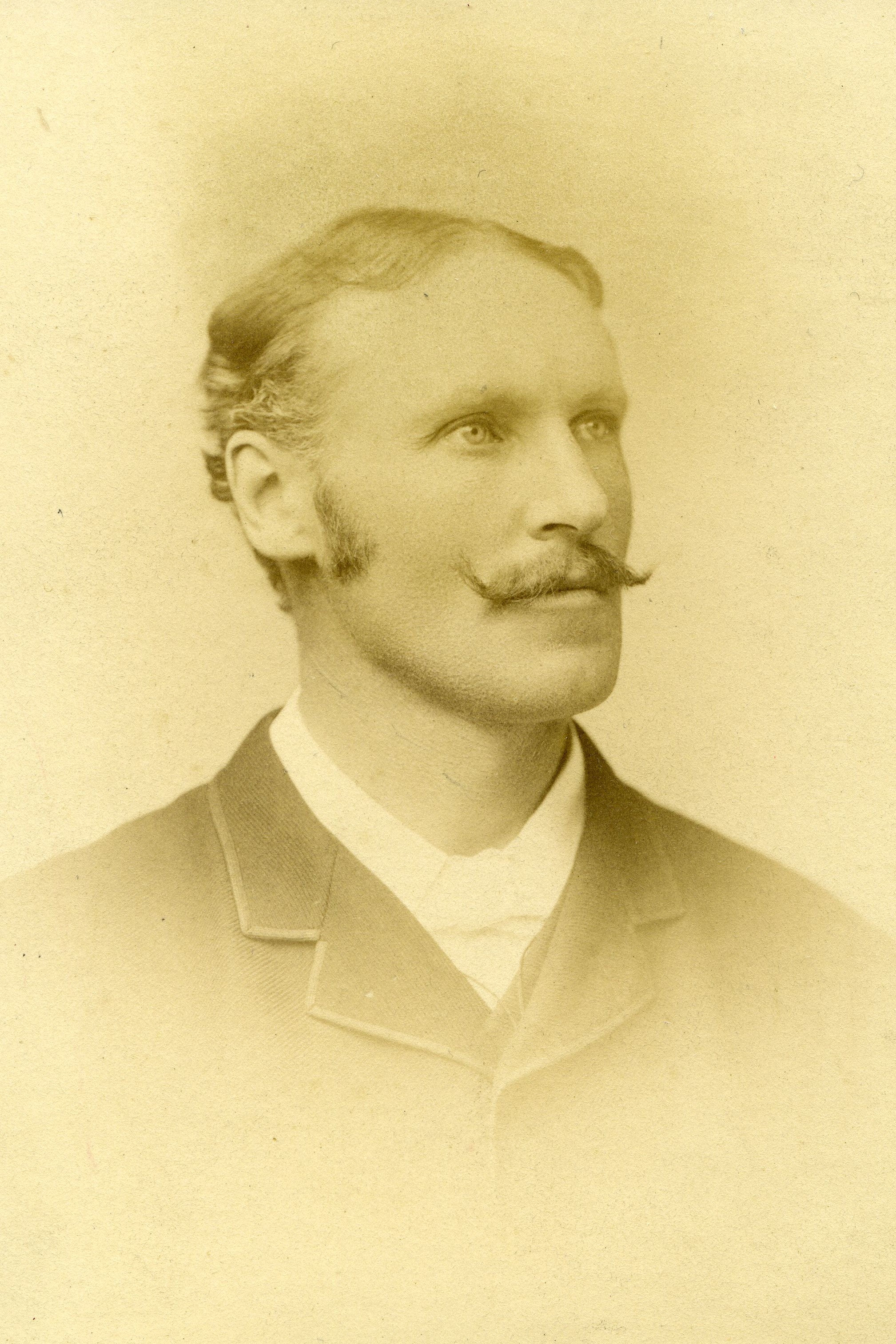 William S. RainsfordClergymanCenturion, 1886–1933
William S. RainsfordClergymanCenturion, 1886–1933 -
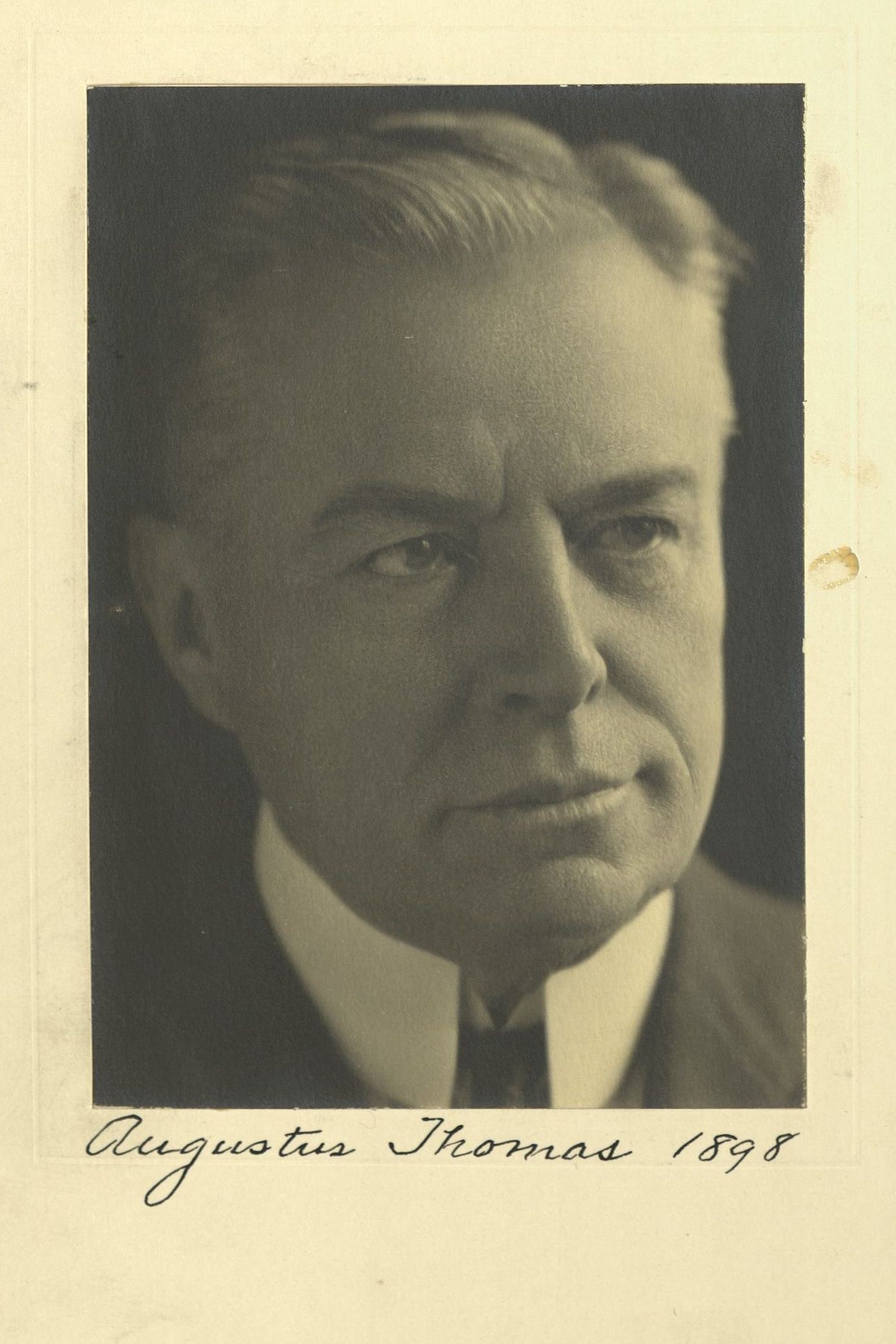 Augustus ThomasAuthorCenturion, 1898–1934
Augustus ThomasAuthorCenturion, 1898–1934






